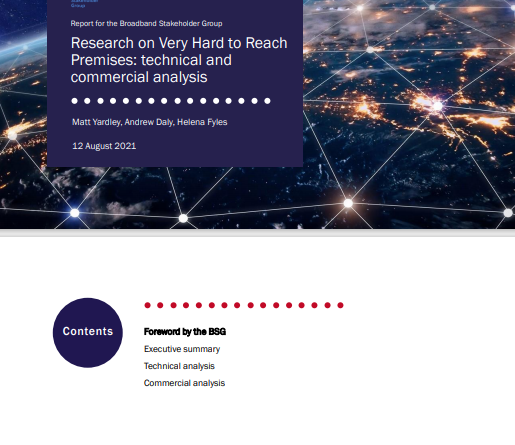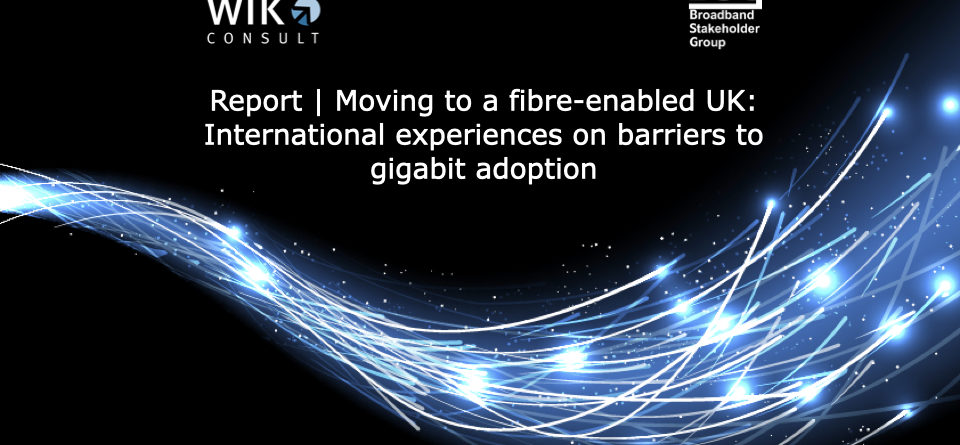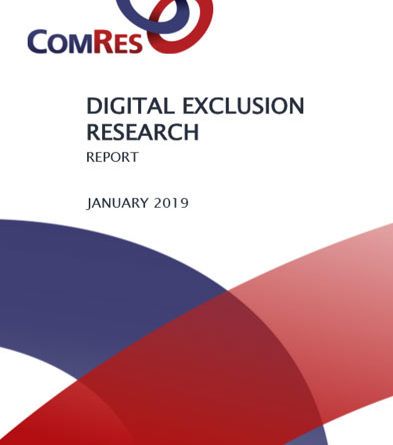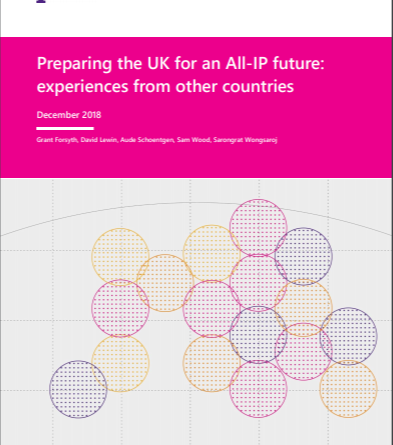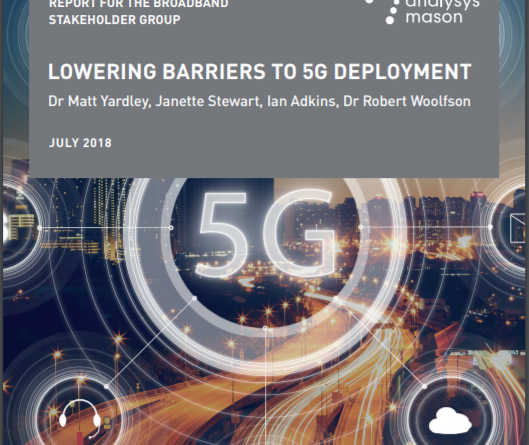- The UK is moving to an all-IP (internet based) network for voice services
- The current analogue system, the Public Switched Telephone Network (PSTN), will come to the end of its life in the mid-2020s with transition also needed to prepare for our full-fibre future
- As well as providing voice services, many other applications, such as social care and security alarms, use the PSTN
- The report provides lessons from four international case studies which are further along their migration path, giving evidence on how the UK can prepare for a successful and seamless migration from the PSTN to all-IP networks.
The Broadband Stakeholder Group (BSG) has published a report on “Preparing the UK for an All-IP future: experiences from other countries”. It outlines the lessons the UK can learn from four international case studies as we migrate from the Public Switched Telephone Network (PSTN) to all-IP voice services and networks.
The PSTN provides voice and some data services within the UK. It is nearing the end of its life and is increasingly expensive to maintain. A move to all-IP networks lowers costs, brings additional benefits to voice services and helps prepare for the eventual retirement of copper networks – a necessary move as we forge our full-fibre future.
The migration is necessary but raises two particular challenges. The first is the continued provision of voice services, in particular, resilient access to emergency services in the event of a mains power failure which is especially important for the vulnerable and those who are landline-only users. The second is around the data services that use the PSTN. Some of these will not be compatible with an all-IP system as they rely on the analogue capabilities of the old network.
In order to ensure that the UK’s migration is as seamless as possible, the BSG commissioned Plum Consulting to analyse four international case studies. Germany, France, Switzerland and New Zealand were chosen due to the different stages of their migration and their differing regulatory structures.
Guidance on how to communicate and protect vulnerable consumers who may be particularly dependent on voice services is a key feature of the report. As the migration will be led by individual communication providers, it is essential that the industry effectively coordinates its messages to both consumers and providers of services that are dependent or reliant on the PSTN. Other insights focused on the benefits of minimising the forced migration of users away from the PSTN as well as the potential technical challenge posed by the UK’s approach to number portability.
Richard Hooper, chair of the BSG, said: “The UK is well placed to manage a successful migration from the PSTN to all-IP networks. Industry is already taking measures such as providing test facilities to companies that provide data services. However, this report makes clear that we need to continue to strengthen this work to avoid the pitfalls other countries have made and protect vulnerable consumers. It is particularly urgent that industry works together with Ofcom and ensures that the messaging to consumers from communication providers is consistent.”
Read the full report here.

